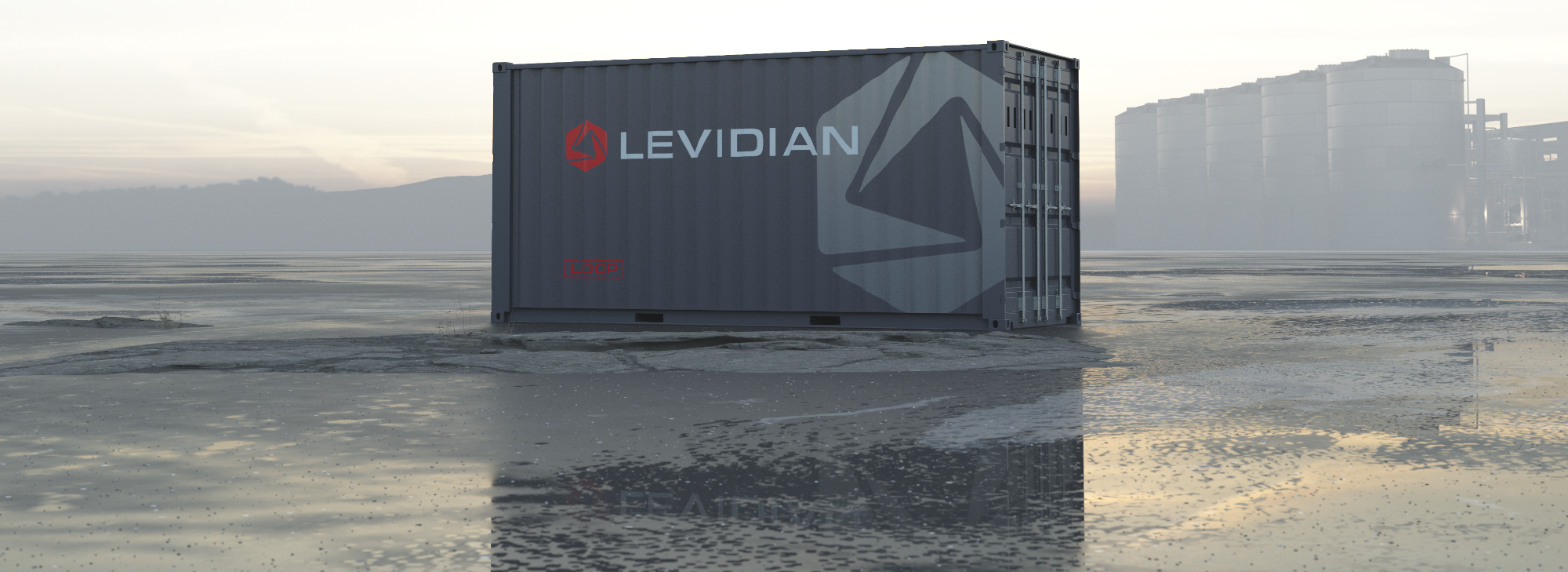Today, Levidian announces the first customer agreement to deploy LOOPs with Zero Carbon Ventures.

Image Credit: Levidian Nanosystems Limited
Zero Carbon has committed to deploying 500 LOOP50 systems over the next five years. Zero Carbon will be focused on decarbonising waste gas on landfill and gas flaring sites, partnering with major oil and gas companies, and government agencies across the United Arab Emirates. They will also deploy the first Levidian LOOP10 system at a site in Abu Dhabi owned by IDC. The deployed LOOP systems will together form a critical supply chain network producing high-quality graphene and hydrogen for distribution in the UAE.
Using Levidian’s expertise in nanomaterials and Zero Carbon’s extensive network, the graphene produced by LOOP will be used to enhance and further decarbonise industrial materials in applications like paints and coatings, plastics and composites, building materials, and battery technologies. In addition, the clean hydrogen produced will be utilised in fuel cells and heat and power applications.
A single LOOP50 device utilising waste gas reduces CO2 equivalent (CO2e) by 100 tonnes per year. Over the course of Levidian’s 10-year agreement with Zero Carbon, the 500 LOOP devices will remove half a million tonnes of CO2e.
“It is very exciting to see our first LOOP device deployed in the UAE,” comments Levidian CEO John Hartley. “LOOP is at its most powerful when decarbonising waste gas to generate hydrogen and graphene. Methane is the most potent greenhouse gas and Levidian’s mission is to turn this gas into a powerful tool for decarbonisation. We look forward to seeing Zero Carbon’s network of LOOPs growing over the coming years.”
“Zero Carbon Ventures’ mission is to scour the globe to find world-class carbon reducing innovations that can make a hugely positive impact in the Middle East,” said Zero Carbon Ventures CEO Martin Reynolds. “There’s no doubt that Levidian’s game-changing LOOP devices will do just that, producing both green hydrogen and high-quality graphene, right here in the UAE. Both products in turn will have a positive impact on many industrial processes. We can’t wait to get started.”